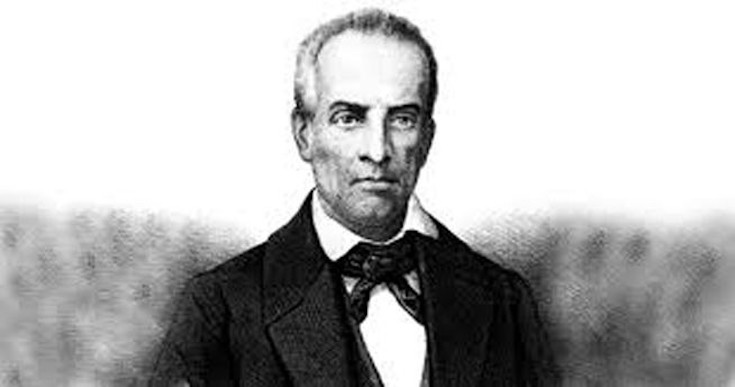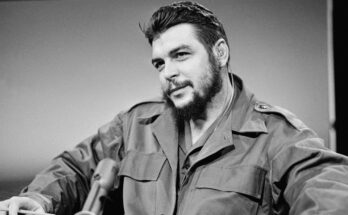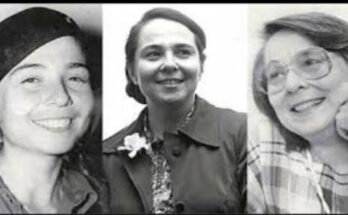Cuba’s history has great names. And among them, his name shines in its own right and refers to the gallantry of his principles and thought. José de la Luz y Caballero, philosopher, educator and paradigm of Cuban pedagogy, was one of those men you had to look at without blinking to receive the greatness of his influences.
His publications in the 19th century press were usually hidden under pseudonyms: Un habanero, Un amante de la verdad, El amigo de la juventud, El escolástico, were nicknames he used. He did not wield a physical weapon to fight for the independence of his country, but he did contribute to the formation of the national conscience.
That is why Martí called him “the silent founder”, because without speaking of politics he sowed in his students the incorrigible gene of love for the land of their birth. Inspired by the figure of Felix Varela, with whom he shared for years in the Seminary of San Carlos, he was in favor of learning the content without the need to memorize, but to think, analyze, discuss the most diverse ideas.
The need to educate so that the Homeland would always have children capable of defending it, was his greatest philosophy. Let us have education and we will have Cuba, was one of his great teachings to save the nation.
One hundred and sixty-two years after the death of José de la Luz y Caballero, his imprint remains intact by advocating that teachers should be living gospels. Cuban education knows it and among its most genuine guides follows the light of the one who was exemplary and accurate, to form “rebellious and cordial” men.




